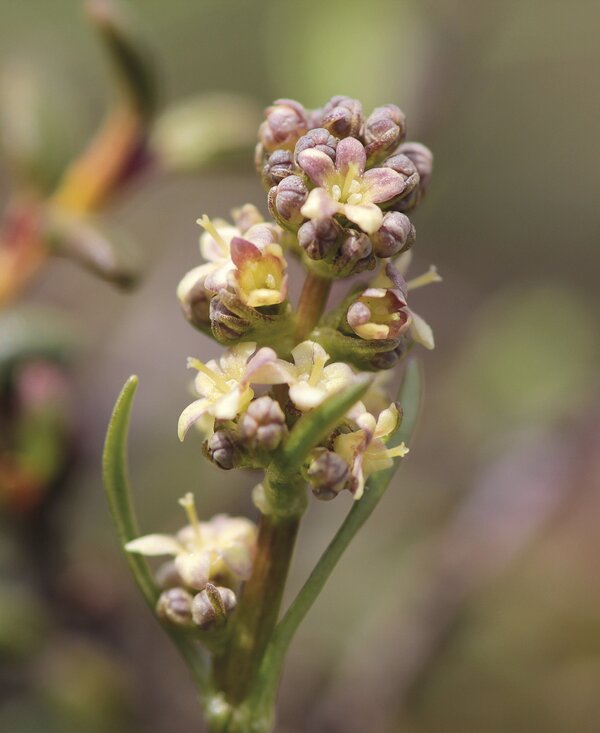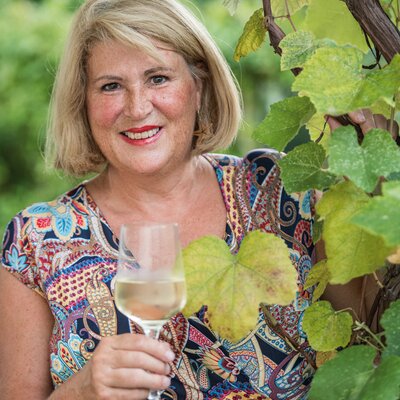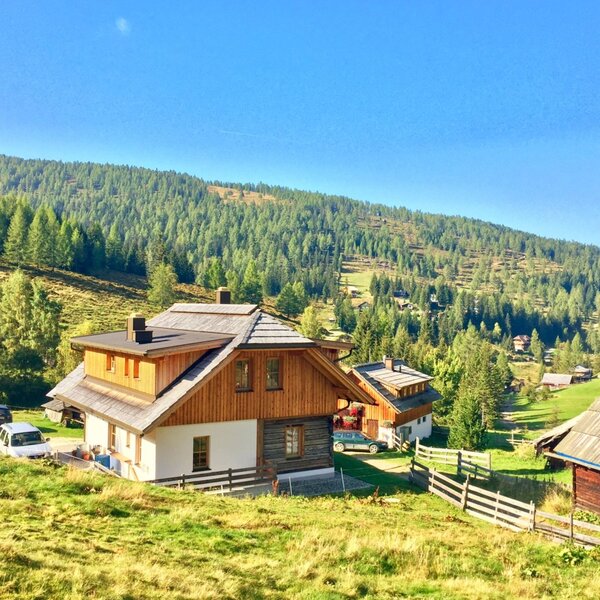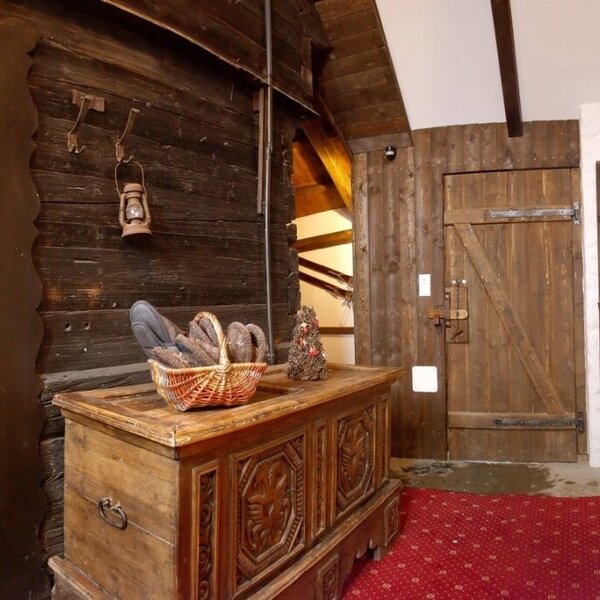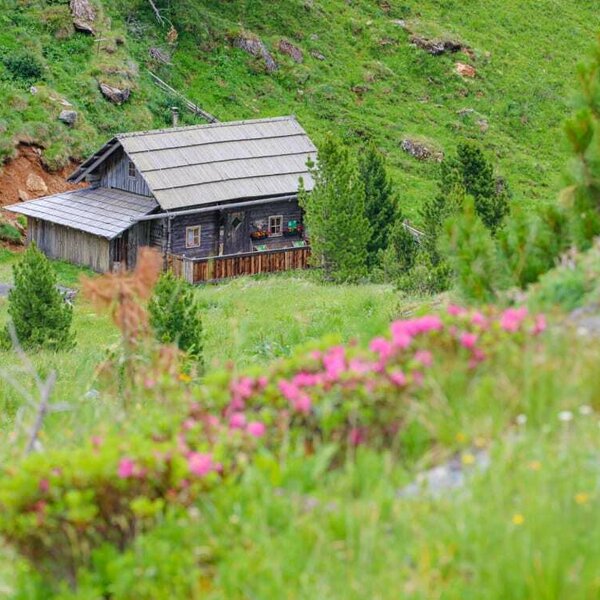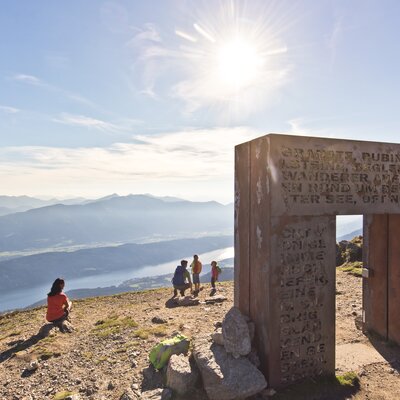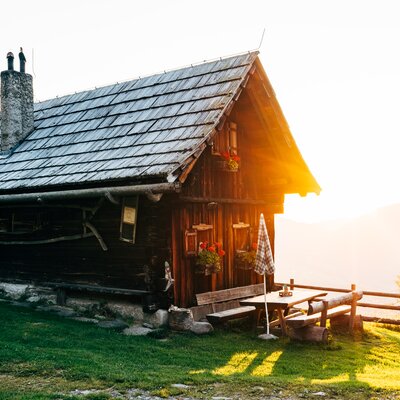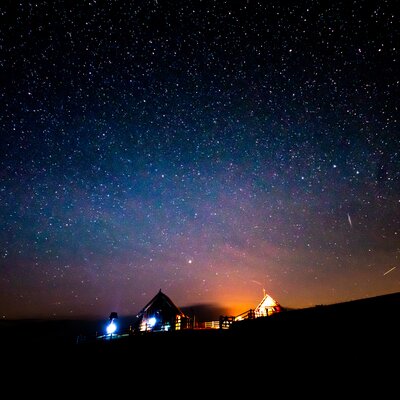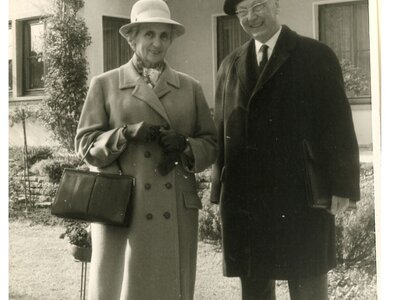
The true spittlebug: Valeriana celtica
The Noric spikenard or Alpine valerian with the melodious name Valeriana celtica subspecies norica has been known for over 2000 years. It is also known as the Mary Magdalene flower because Mary Magdalene allegedly anointed Jesus' feet with the fragrant spikenard oil and then dried them with her hair. "The whole house was filled with the fragrance of the oil", the apostles John and Luke describe the beguiling scent in the Bible. The Egyptian queen Cleopatra, who was very keen on beauty and body care, is also said to have been very keen on it and is said to have regularly incorporated saliva oil into her beauty routine.
Is this all true? The real Speik can only be found on the gentle alpine pastures of the Carinthian Nockberge Biosphere Reserve. Among colorful flowers and alpine herbs. The conditions there are ideal for the plant: low-lime soil at almost treeless altitudes of 1800 meters and above. "The intense, high alpine light, the clear air and the interplay of cold winters and warm summers give the plant its concentrated root power every year," says the company.
Strictly under nature conservation
However, the fact that the plant has been strictly protected for almost a hundred years does not mean that all use is prohibited in the biosphere park. "Nature conservation should go hand in hand with gentle human management in a cultivated landscape," says Heinz Mayer, who has been responsible for public relations in the Nockberge Biosphere Reserve for more than 30 years. Only two mountain farming families in Saureggen near Bad Kleinkirchheim have the right and the harvesting license to dig up the speik by hand. Their most important tool for the arduous, back-breaking work: the "Speikkramperl". A small digging tool with which the plant and its roots can be gently harvested. Between harvests, rest periods are repeatedly granted to allow the crop to recover. A study by the Institute of Botany at the University of Vienna has shown that the best propagation of the plant is achieved when 50 percent of the plant is removed. "I wouldn't do this work, my back would rebel," Mayer shudders at the strenuous work.
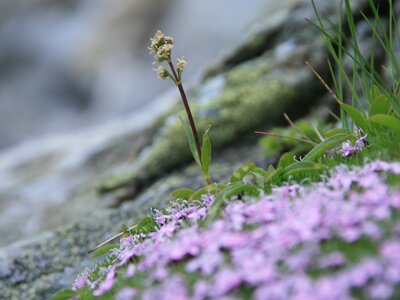
Only 25 kilograms per harvest
A maximum of 25 kilograms of the valuable plant may be removed. But no more is needed for shampoos, shower gels, soaps and creams. Just a few drops are all it takes for the scent and healing power of spikenard to unfold their full effect.
The work is an important source of extra income for the mountain farming family. Harvesting traditionally takes place in the "Frauendreißiger", the time between the feasts of the Assumption on August 15 and Maria Namen on September 12. After the harvest, the speik is dried in special "Speik-Schobern", after which the valuable oil can be extracted and processed. Company boss Teuffel does not miss the opportunity to personally collect the harvest and bring it to the company headquarters. An annual highlight for Speick Naturkosmetik and the Carinthian alpine farmers. With the Speick harvest, the farmers also make a vital contribution to landscape conservation. Without them, the alpine pastures in the Nock region would become overgrown over time.
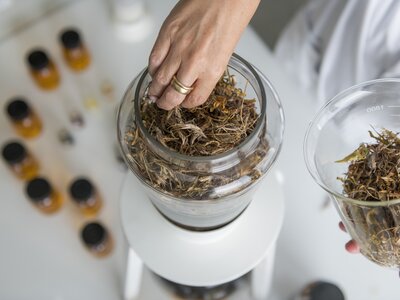
Monopoly for processing
The Stuttgart-based company Speick (spelled CK) has held the monopoly for processing cosmetic products for around 90 years. The founder of Speick-Werke, Walter Rau, and a farmer from Reichenau met during the war and established their cooperation. The success story began with Speick soap, which is still at the heart of the product range today. "It is and remains our flagship product with its characteristic red color and familiar scent. For older consumers, the soaps evoke childhood memories, while younger consumers simply associate them with a feeling of well-being. You can literally feel that you are doing something good for yourself," writes the company.
"Speik soap was the very first perfumed soap in Austria," says Mayer. Because the plant is so valuable, there is strict trademark protection.
Speik in the smoking pan
What the inhabitants and farmers of the area do, however, is put pieces of root in a small bag and scent the linen cupboards with them. The moths are then sure to take flight. Speik is also a must in smoking pans. In the Alps, houses and stables are fumigated during the Raunächte, at Christmas, New Year's Eve and Epiphany to drive away evil and ask for "good vibes". A tradition that still exists today. Dried herbs are placed on glowing coals and the house and stable are smoked while prayers are chanted to protect them from evil and illness. In the Nockberge mountains, speik is an essential part of the incense bundle alongside palm catkins and juniper.
Even if the production of their Nockalm plant had to be outsourced, the region still benefits from it. If you take the biosphere cable car up to the Brunnachhöhe in St. Oswald and hike from there to the Bockhütte or stop off at the Falkerthütte for a crispy trout, you will make the miraculous acquaintance of the Speik. Pure spring water feeds wooden troughs into which you can dip your feet, tired from hiking. Speik soap and a soothing Speik foot cream restore your energy. A big thank you is therefore due to the little plant.
It goes without saying that Speick products are available in the beauty departments of hotels in the region and are part of the basic equipment in the Römerbad and Kathrein-Therme beauty studios in Bad Kleinkirchheim. Soothing massages with Speik oil have helped many a vacationer get rid of sore muscles from hiking and skiing. Incidentally, the managers of the Speick company also like to spend their vacations in the region where their most important basic product originates.
At the tourist info point in Bad Kleinkirchheim, you can book Speik hikes with specially trained rangers. There you can learn all about the inconspicuous little miracle plant and its healing properties.
Another cheerful Speik story in passing: in earlier times, small criminals were put in a cell with an intense Speik scent for a few days. The whole village knew that they had done something wrong. The speik scent had given them away.
Elisabeth Tschernitz-Berger
www.gedankenschmiede.at, 14 Article(s)
